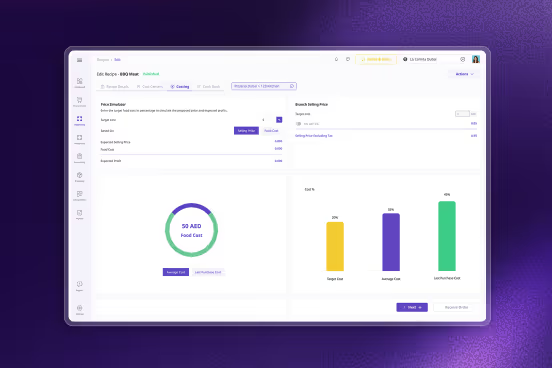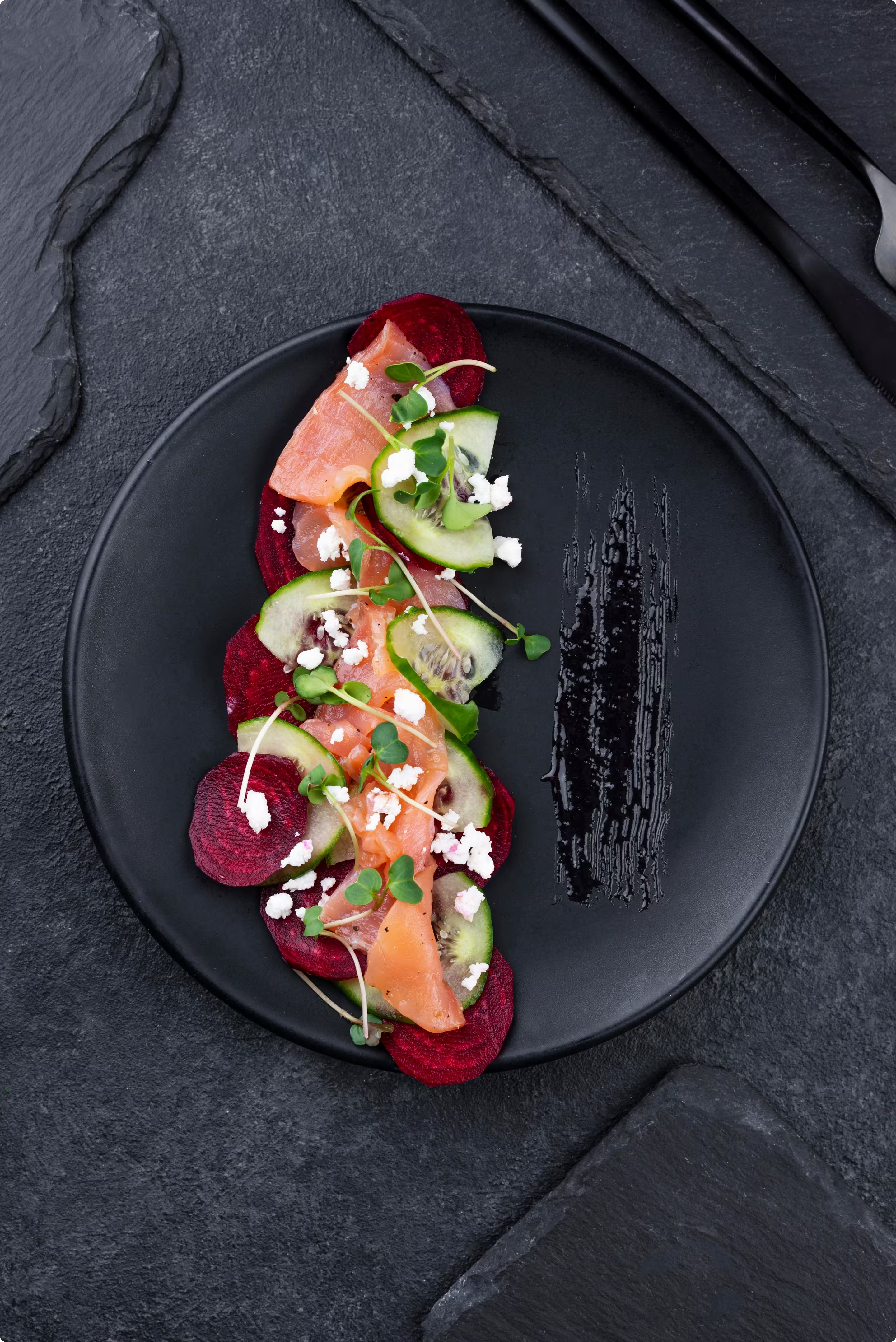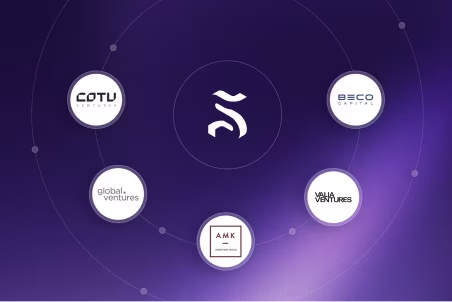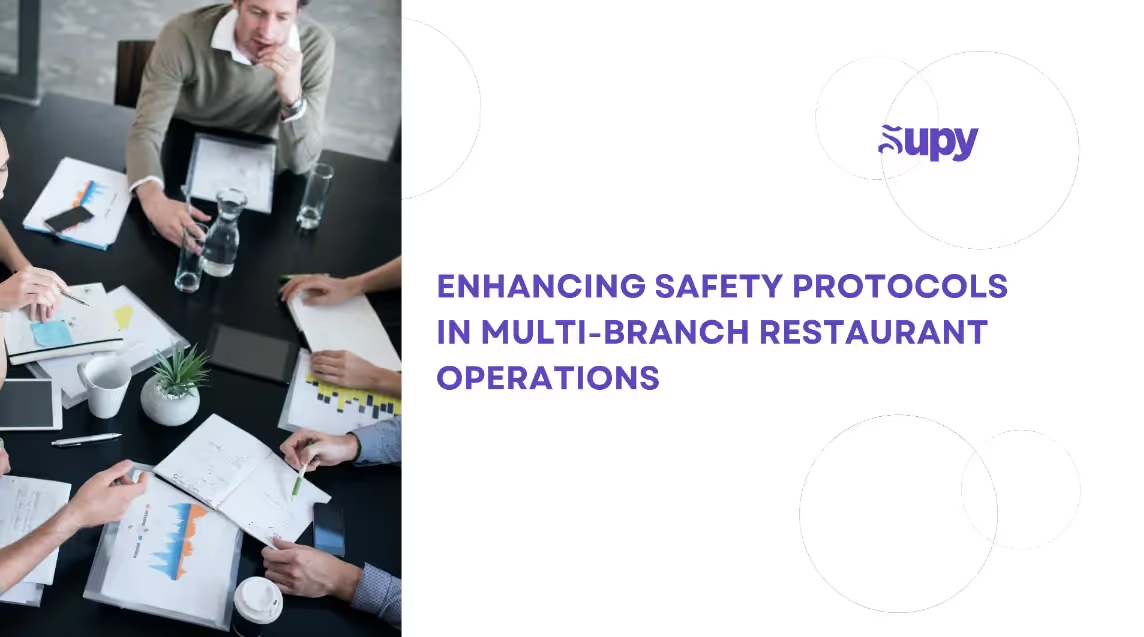Why Profit Isn’t Evil - And How the Best Restaurant Operators Explain It to Their Teams
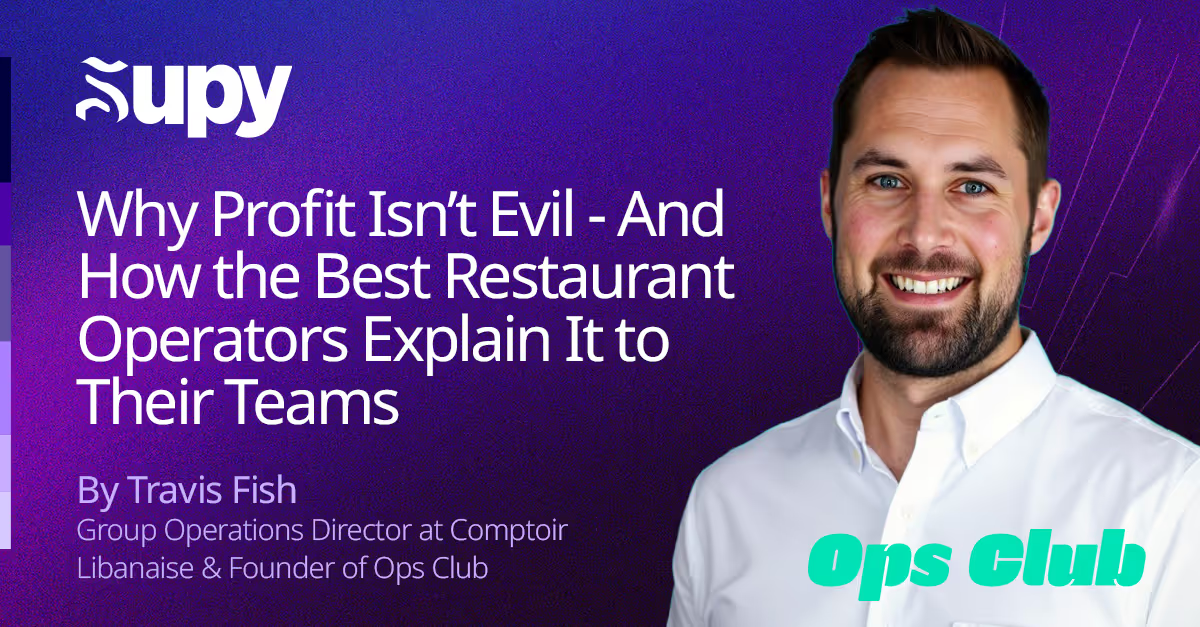
By Travis Fish, Group Operations Director at Comptoir Libanaise & Founder of Ops Club
If you’ve worked in hospitality long enough, you’ve heard it:
“This place is all about the money now.”
There’s a lingering belief in a lot of teams that profit is a dirty word. That wanting the business to make money means you’ve sold out - that it compromises the experience, the people, the values.
But here’s the truth:
Without profit, you don’t get any of those things.
No warm welcomes. No team nights out. No development. No jobs at all.
I’m not here to preach spreadsheets. I’ve spent my whole career in hospitality - I know how hard people work, how much they care. But I’ve also learned the hard way that passion alone won’t keep the lights on.
This is about communication.
Because the best operators I’ve worked with don’t just understand the numbers - they know how to explain them.
They bridge the gap between the emotional energy that powers hospitality and the financial understanding that keeps it alive. And when those two things work together - service with smart decisions - that’s when a site really thrives.
Why Profit Has a Branding Problem
Let’s be real - most people in this industry didn’t sign up to obsess over margins.
They joined because they love the energy. The buzz of service. The pride of making people feel looked after.
But over time, if no one explains the financials, profit starts getting blamed for every frustrating decision - why we’re sticking to a smaller menu, or only ordering two types of glassware, or not investing in a new bit of kit yet.
And I get it. I’ve been there too.
But the best thing we can do as operators is bring people into the conversation - not shut them out of it.
We need to show that profit isn’t the reason we’re saying no.
It’s the reason we’ll be able to say yes tomorrow.
How I Explain the Numbers
One of the most useful things I’ve learned to do is just walk people through the numbers - straight up, no fluff.
Here’s how I usually put it:
“Let’s say we do £10,000 on a Saturday. Sounds huge, right?
But 30–35% goes on food and drink. Another 30% on wages. 20% on rent, utilities, tech.
Add in bin bags, card fees, laundry, breakages.
What’s left? If we’re lucky - £500 to £700.”
And that’s before a fridge breaks down or it rains all week.
When I started sharing that breakdown with the team, their whole perspective shifted.
It’s not about guilt - it’s about clarity.
Suddenly, portion control, rota planning, or tracking waste doesn’t feel tight. It feels like protecting something we’ve all worked hard to build.
Profit Isn’t About Being Tight. It’s About Being Thoughtful.
Even though I know it works, I definitely don’t do it enough; but the times I bring people into these decisions, the more they care - and the better the ideas get.
For example:
- We prep for two days instead of four, so things are fresher and we waste less.
- We picked a supplier not because they’re the cheapest, but because they show up on time - which saves rework and stress.
- We tighten the rota early in the week so we don’t have to cut shifts last-minute on the weekend.
These aren’t just cost moves.
They’re smart calls to make the business more sustainable - and a better place to work.
What the Best Operators Do Differently
The operators I admire most - the ones I’ve learned from - don’t only talk about numbers when things go wrong.
They:
- Show how every £100 of sales gets sliced up
- Tie targets to things people care about - like training, team meals, or getting that new coffee grinder
- Make it regular - five minutes in the weekly brief, not a one-off meeting
- Celebrate smart thinking - someone noticing a better way to do something, or flagging overspend
They build a culture where profit is respected, not resented.
Where people start to think like owners - even if it’s just in the way they portion chips or manage a section.
Final Word: Show, Don’t Preach
Profit isn’t evil. It’s not selling out.
And it doesn’t mean you care less about hospitality - it’s what makes great hospitality possible.
It’s what allows us to:
- Reward the team
- Get through tough weeks without panic
- Make smart investments
- Deliver a guest experience we’re proud of - not just once, but consistently
So if we want this industry to thrive - not just survive - we’ve got to stop treating profit like a dirty word.
We’ve got to show our teams how it works, why it matters, and how their everyday decisions protect what we all care about:
Great service, delivered by a team that’s proud to be there.
Want to Go Deeper?
If this resonated:
👉 Join Ops Club - a free, no-BS community run by Travis. It’s where operators swap real-world advice, solve operational headaches, and share what actually works - from cost control to team culture.
👉 Book a Demo with Supy — Our inventory and procurement software is built specifically for multi-site restaurant groups. It gives you live visibility into margins, waste, supplier spend and more - without the spreadsheet chaos.
Different tools, same mission: helping operators run better, more profitable hospitality businesses.
